

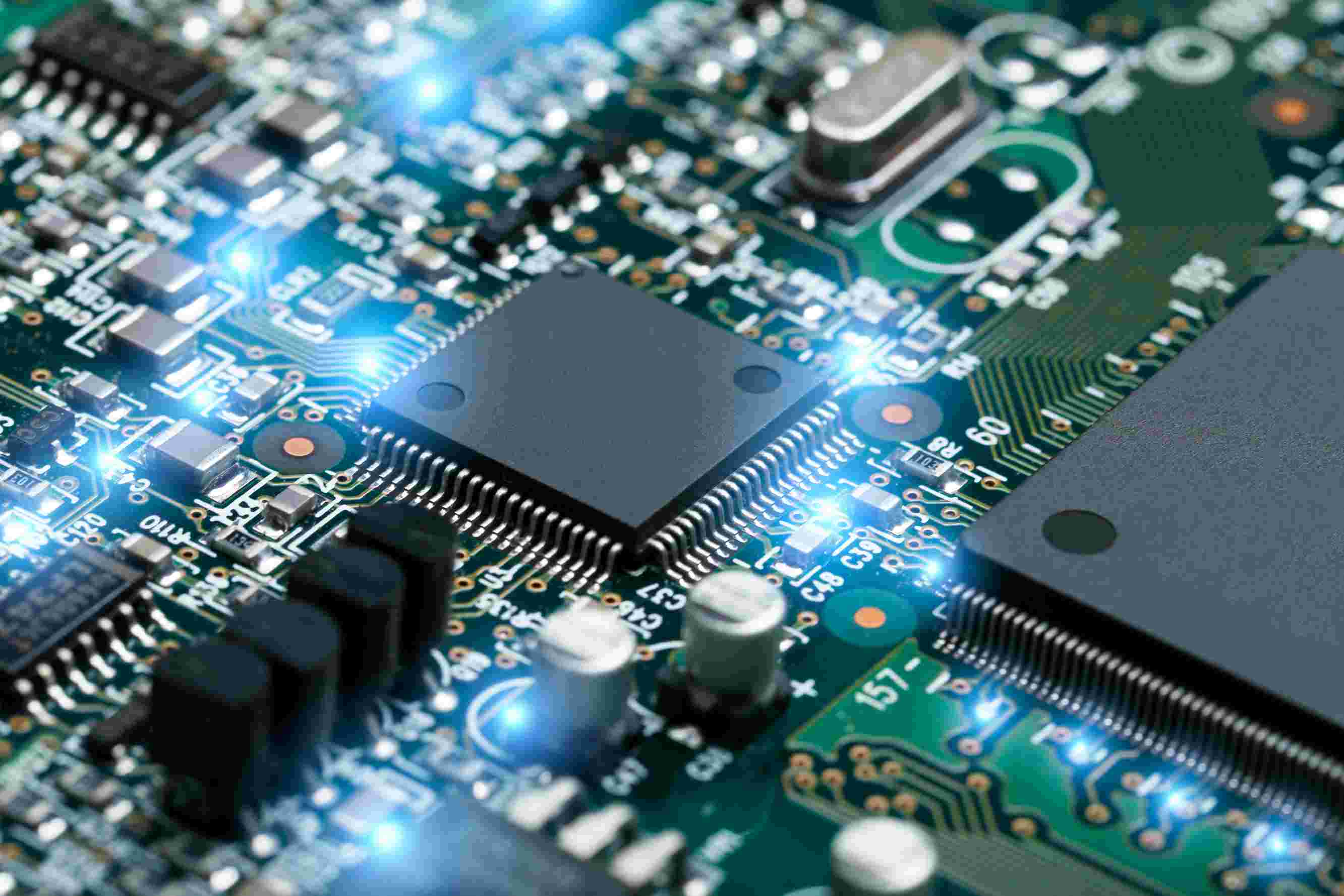
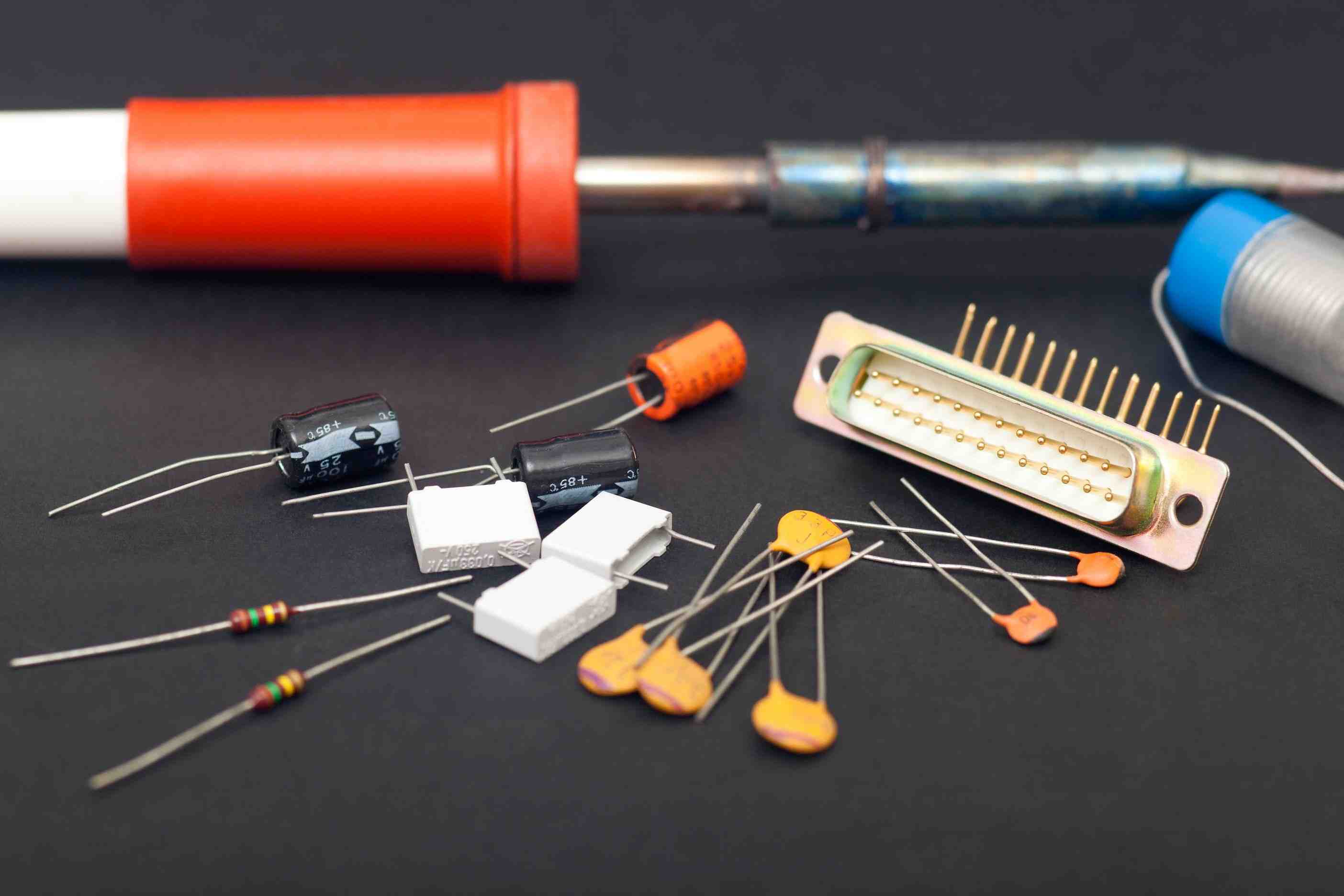
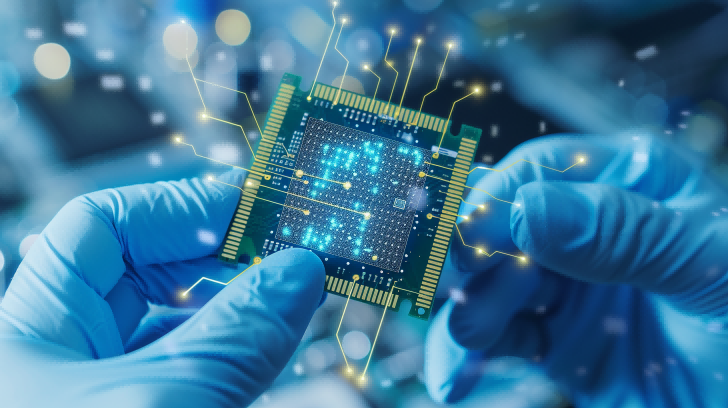
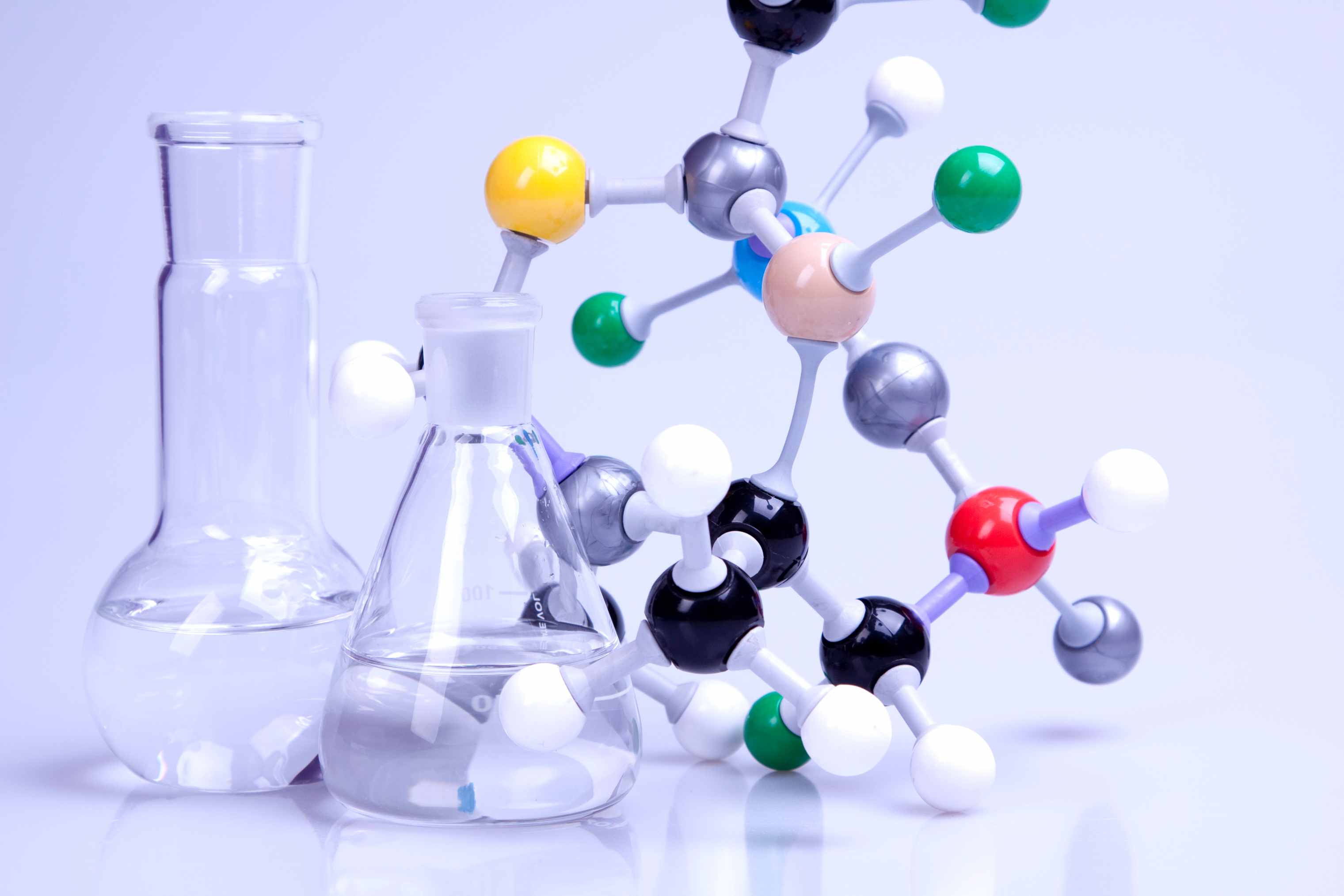
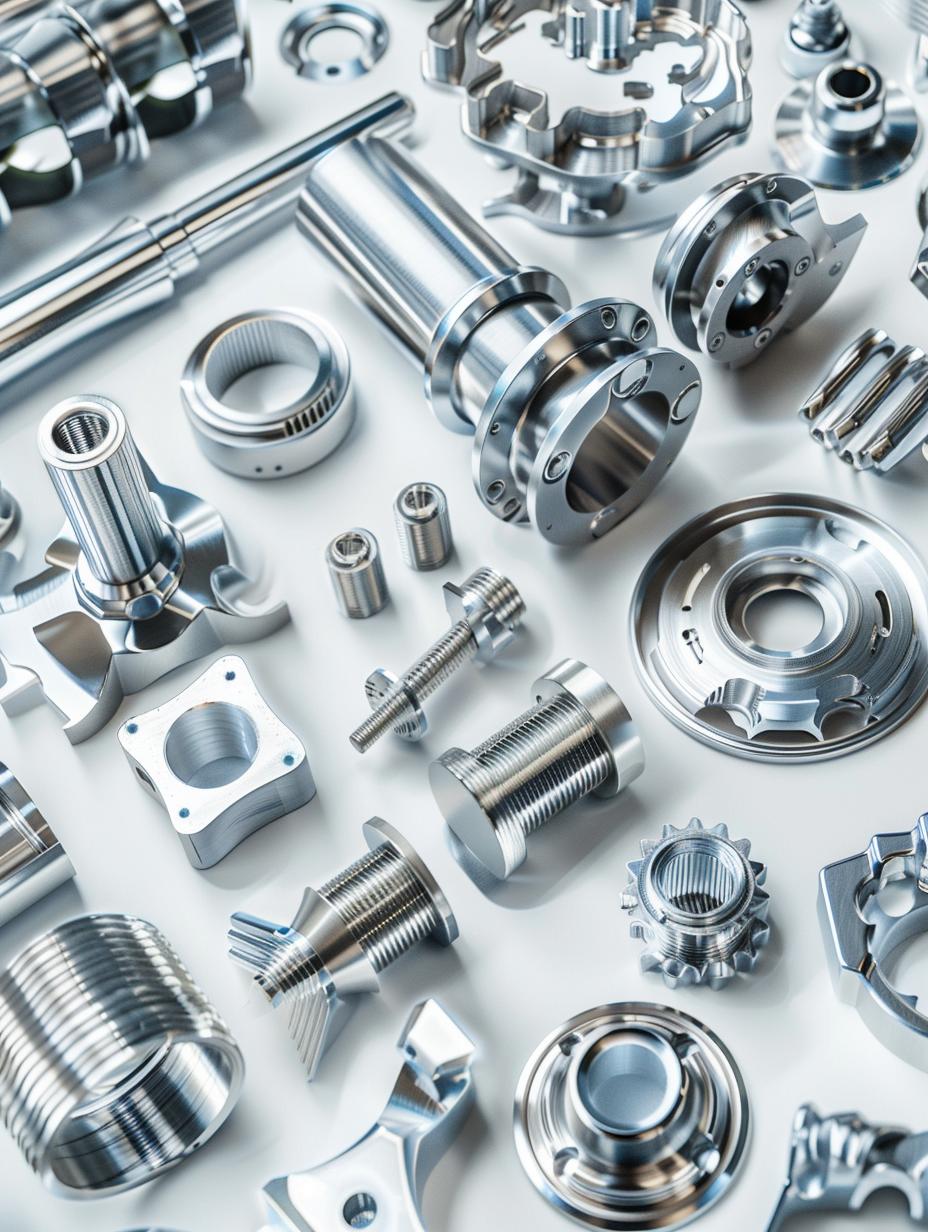














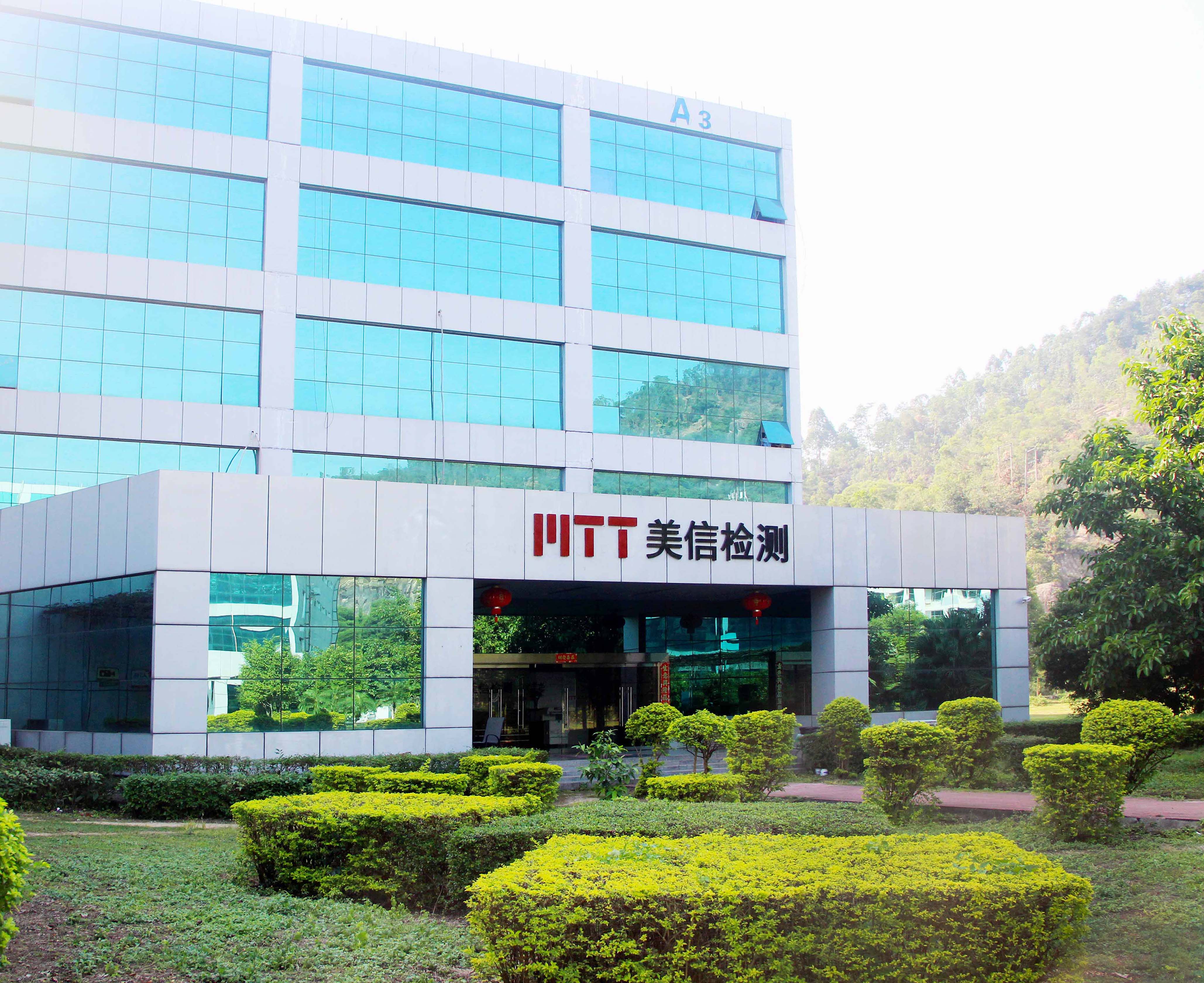







This test employs Ion Chromatography (IC) to qualitatively and quantitatively analyze inorganic anions, cations, and certain weak organic acids in purified water samples. The method is based on the principle of ion-exchange separation combined with a conductivity detector.
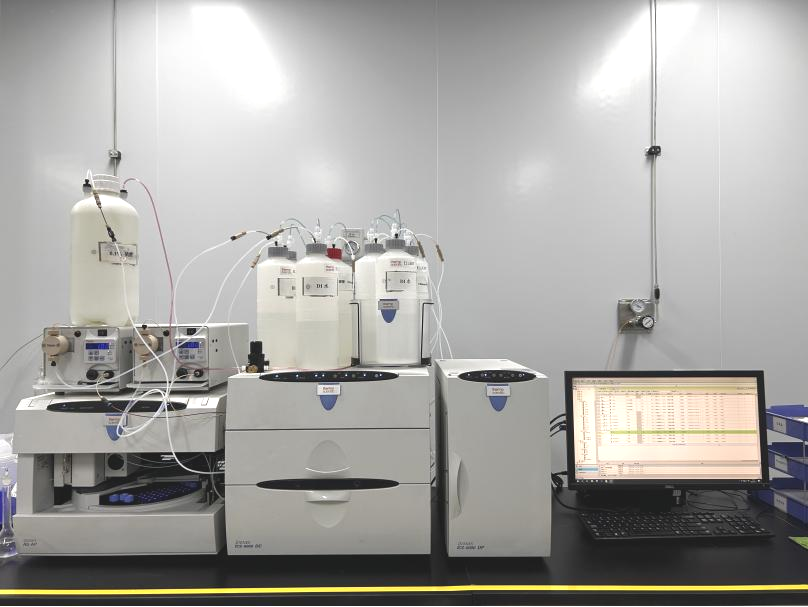
| Project Background
Purified water is a fundamental raw material widely used in critical sectors such as pharmaceuticals, electronics, and laboratories. Its purity directly influences product quality, process stability, and the accuracy of experimental results. Rigorous purification processes (e.g., reverse osmosis and ion exchange) cannot completely remove trace ions such as Na⁺, K⁺, Ca²⁺, Mg²⁺, Cl⁻, SO₄²⁻, and NO₃⁻ from water. These ionic impurities may adversely affect product performance and interfere with experimental outcomes. Therefore, ion analysis serves as an essential quality control measure to monitor purified water quality, ensuring compliance with established standards and suitability for intended applications.
| Project Overview
This test employs Ion Chromatography (IC) to qualitatively and quantitatively analyze inorganic anions, cations, and certain weak organic acids in purified water samples. The method is based on the principle of ion-exchange separation combined with a conductivity detector. It offers high sensitivity, strong selectivity, and the capability of simultaneous multi-ion detection, making it well-suited for the precise determination of trace ionic impurities in ultrapure water.
| Test Objective
1. Determine the content of key ions in purified water to confirm compliance.
2. Quantitatively analyze trace ionic impurity levels to evaluate the suitability and safety of purified water for specific applications in pharmaceuticals, electronics, and laboratories.
3. Diagnose potential issues in purified water preparation or distribution systems (such as resin failure, pipeline corrosion, or microbial growth) based on ion distribution characteristics.
| Testing Standards
GB/T 6682 Water for analytical laboratory use--Specification and test methods
ASTM D1193 Standard Specification for Reagent Water
GB/T 11446.7 Test method for trace anion in electronic grade water by ion chromatography
| Service Products / Fields
Consumer electronics, automotive electronics, semiconductor manufacturing, pharmaceutical biotechnology, aerospace, new energy electronics, laboratories, and analytical testing.
| Project Advantages
1. Professional Team: Equipped with a number of highly experienced testing engineers and technical experts.
2. Advanced Equipment: Equipped with internationally leading testing instruments to ensure accuracy and reliability of results. Extremely high sensitivity and ultra-low detection limits (down to ppb–ppt levels), simultaneous multi-ion analysis, and strong anti-interference capability.
3. Efficient Service: Rapidly respond to customer needs and provide one-stop, high-efficiency inspection services.
4. Authoritative Certification: The laboratory is certified by ISO/IEC 17025, ensuring that test reports have international credibility.